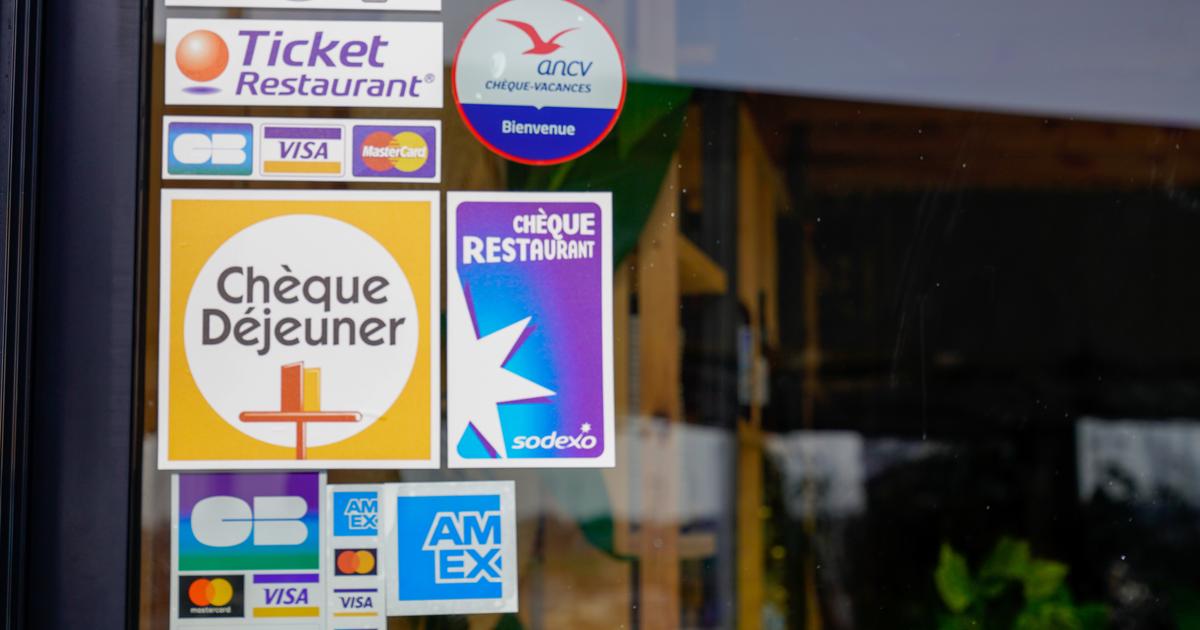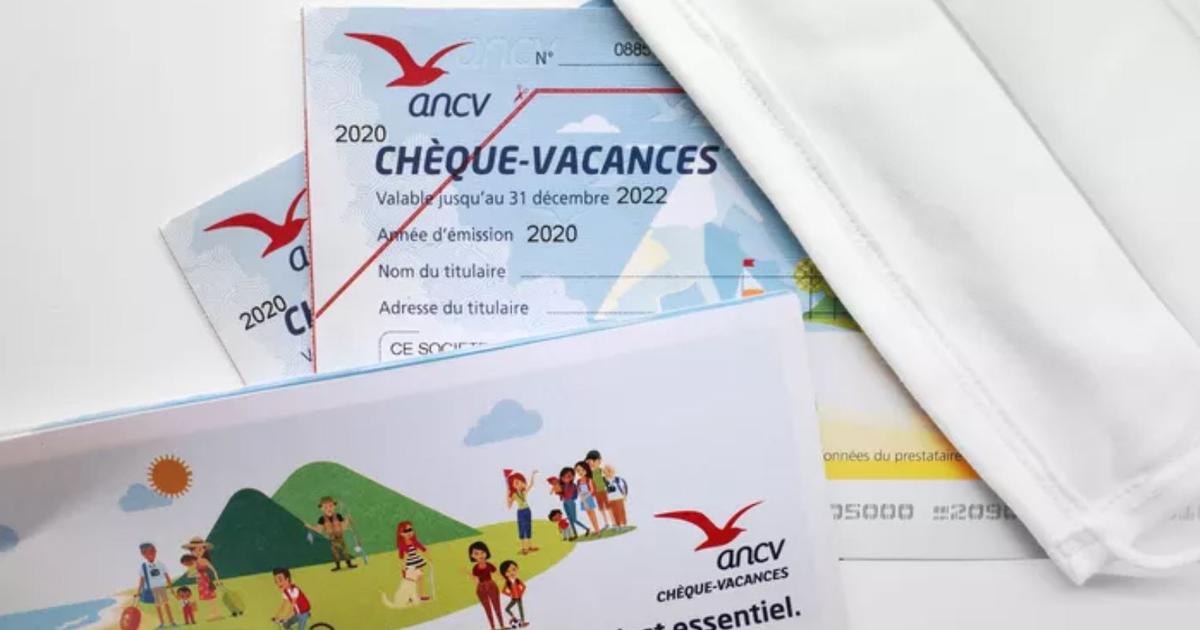“
We come to play the troublemakers on the meal voucher market.
This is how Benjamin Suchar, CEO and founder of Worklife, sees his new initiative.
His company has just launched a “
smart
”
card
, which allows payment for various services subsidized by the employer (childcare, etc.).
Among the benefits most commonly offered are meal vouchers.
To discover
Ice creams, breads, aperitif cakes ... more than 7,000 products recalled due to carcinogenic substances
To read also: Teleworking: can the employer remove meal vouchers?
The particularity of this offer comes from its economic model. While other issuers are remunerated by taking commissions from restaurateurs, Worklife passes the cost of this service to businesses. They are asked to pay a flat rate of one to five euros per month and per employee, depending on the service chosen. In return, restaurants, bars ... do not pay the costs of traditional coupons, which can reach 5% of the amount of each transaction.
This commission is justified, according to the leaders of the meal voucher market, because they consider themselves to be “
business introducers
”.
In short, they employ salespeople responsible for convincing companies to adopt this advantage for their employees.
The latter therefore become potential customers of catering establishments, which are therefore the first winners.
A logic contested by Benjamin Suchar: "
issuers do not provide services that justify such a high commission rate
".
He believes that the main beneficiaries are employees and companies that do not pay social and tax charges on it.
It is therefore up to them to bear the cost.
Support from professional organizations
At Worklife, we say we are convinced that companies will adopt this new system despite the higher cost: “
they are sensitive to the social and solidarity side of the process, particularly in this difficult period for catering,
” explains the founder. He would like to point out that the amounts are minimal: "
one to five euros remains low
". The new entrant also ensures that the start-up goes "
beyond our expectations
", without however giving, for the moment, the names of partner companies.
On the side of restaurant
owners
'organizations said they supported the process: "
it is not the establishments that have to pay employee benefits
", supports Charly Belisson, in charge of the restaurant voucher file at Umih, the first employers' union of the sector.
He hopes that this approach will lead to a better distribution of costs between the different players.
Read also: Sanctions in sight for the meal voucher cartel
For several years, managers of establishments have complained about commissions that they consider too high. Legal action was even launched with the support of the National Group of Independents (GNI), another professional organization, against the four traditional issuers Edenred, Sodexo, Natixis Intertitres and Up. For the moment, the Umih has not joined the complaint. She hopes a gesture from them on the amount of the fees. Otherwise, she does not rule out changing your mind. Answer on June 29.












/cloudfront-eu-central-1.images.arcpublishing.com/prisa/KMEYMJKESBAZBE4MRBAM4TGHIQ.jpg)

